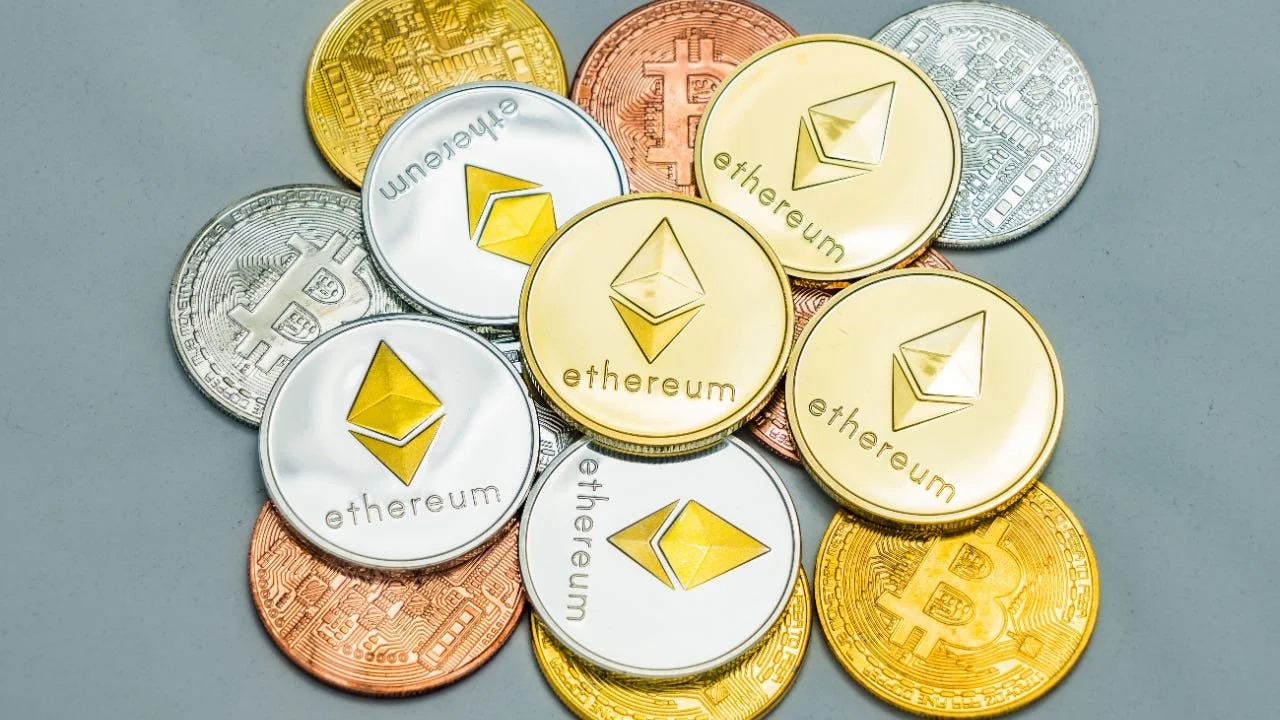At the moment, cryptocurrencies are seen as a risky speculative investment. In their infancy, cryptocurrencies have helped early adopters to get rich quick and it leaves many people asking why these coins should have any value at all. This blog will explore the real-world utility of cryptocurrencies from the perspective of a crypto optimist. A crypto contrarian will read this article and have objections and follow-up questions for every paragraph, but don’t worry, our next blog will take a look at the same issue from the contrarian’s perspective. We’ll organize this article by taking a look at problems in the modern banking/payments systems and the solution that cryptocurrency offers to those problems.
1. The unbanked
While we take access to bank accounts for granted, 2 billion people don’t have access to a bank account. People can’t open bank accounts because of costs, travel distance, and paperwork involved.
Crypto solution: Opening a crypto wallet is as easy as having a 50 dollar phone and downloading a free app. With this, you can save, transfer, pay, send, borrow and lend money in a fast, secure and inexpensive way. With crypto, you become your own bank and gain access to all the opportunities provided by banking minus the gatekeepers.
We are already seeing bitcoin as an alternate financial system in Afghanistan, where 85% of the country is unbanked. At least 2,000 girls in Afghanistan are being paid in bitcoin for their blog writing and social media skills, girls whom a personal bank account would be impossible because of social and economic barriers.
2. Remittances
The market for remittance will reach $1 trillion in the near future. About 20% of it gets lost in fees and commissions by intermediaries and middlemen and never gets to the people most in need.
Crypto solution: This is easily fixed by bitcoin. Bitcoin transactions take on average 10 minutes. The current bitcoin transaction fee is $1.676 no matter the size of the transaction. But it’s not just the fees, having to deal with Western Union and similar intermediaries is slow, bureaucratic, and cumbersome at both ends. On a peer-to-peer network, transactions are permissionless. Doing the same transaction from wallet to wallet is seamless once the system is properly set up and running.
3. Inflation
In many ways, inflation is a hidden form of taxation, used to fund political promises. If it’s possible to print more money, the currency supply will continue to be inflated. Imagine you live in Venezuela, Argentina or Turkey and you have worked your entire life to save for retirement only to have your currency inflate 3000% and lose everything.
Crypto solution: Unlike fiat currencies, cryptocurrencies offer the ability to have a fixed creation schedule, and a hard capped maximum supply. Bitcoin has a max supply cap at 21 million. A currency with a fixed supply that can’t be diluted is a breakthrough innovation that is simply not possible with fiat currencies. Bitcoin doesn’t inflate 3000% like the Venezuelan Bolivar or 15% like the US dollar lately.
4. Slow and expensive transactions
Credit card processing fees will typically cost a business 1.5% to 3.5% of each transaction's total. For a small business, these fees can be a significant expense. Also, it can take anywhere from 24 hours up to three days to process the credit card payment. If you send a wire transfer to another country, it may take up to five days for the recipient to be able to access the money and there are foreign exchange fees.
Crypto solution: Cryptocurrency enables peer-to-peer transactions between two people, in which no third party is needed to verify the transaction. By eliminating the role of middlemen like banks, you can trade seamlessly with the person on the other end. As a result, transactions avoid the need for a central bank or another financial intermediary, which can save users money on transaction fees.
As mentioned, the current bitcoin transaction fee is $1.676 and the transaction time is 10 minutes. This is not exactly ideal. But bitcoin is not the only cryptocurrency out there, there are more than 8,000. Many boast lightning fast transaction times and no fees. Plus, bitcoin has only been around since 2008 and there are a lot of investors who are giving a lot of money to a lot of smart people to improve cryptocurrency transactions.
5. Threat of confiscation and privacy of asset ownership
For many parts of the world, the threat of your savings being seized is a real concern. Most of the world population (4 billion people) still lives under autocratic rule where property can be confiscated. In the early 2000s, Argentina, which was defaulting on its debt, seized $2.3 billion of retirement savings by forcing private pension funds to transfer the money to a state bank in exchange for Treasury bills.
Crypto solution: Crypto wallets are cryptographically secure and no entity can access it without your private key. It is simply impossible for a government or anyone else to confiscate your cryptocurrency wealth without forcing you to disclose that key.
Conclusion
Hopefully, this article has given some context to help understand the crypto movement. Even if money printing, budget deficits, and national debt doesn’t scare you, hopefully this article has shown that cryptocurrencies offer other improvements besides a hedge against fiat currencies. They have the potential to expedite international trade, reduce transaction fees and times, and provide financial services to the world’s poorest and most oppressed people.
Stay tuned for the other side of the argument from the crypto contrarian.

